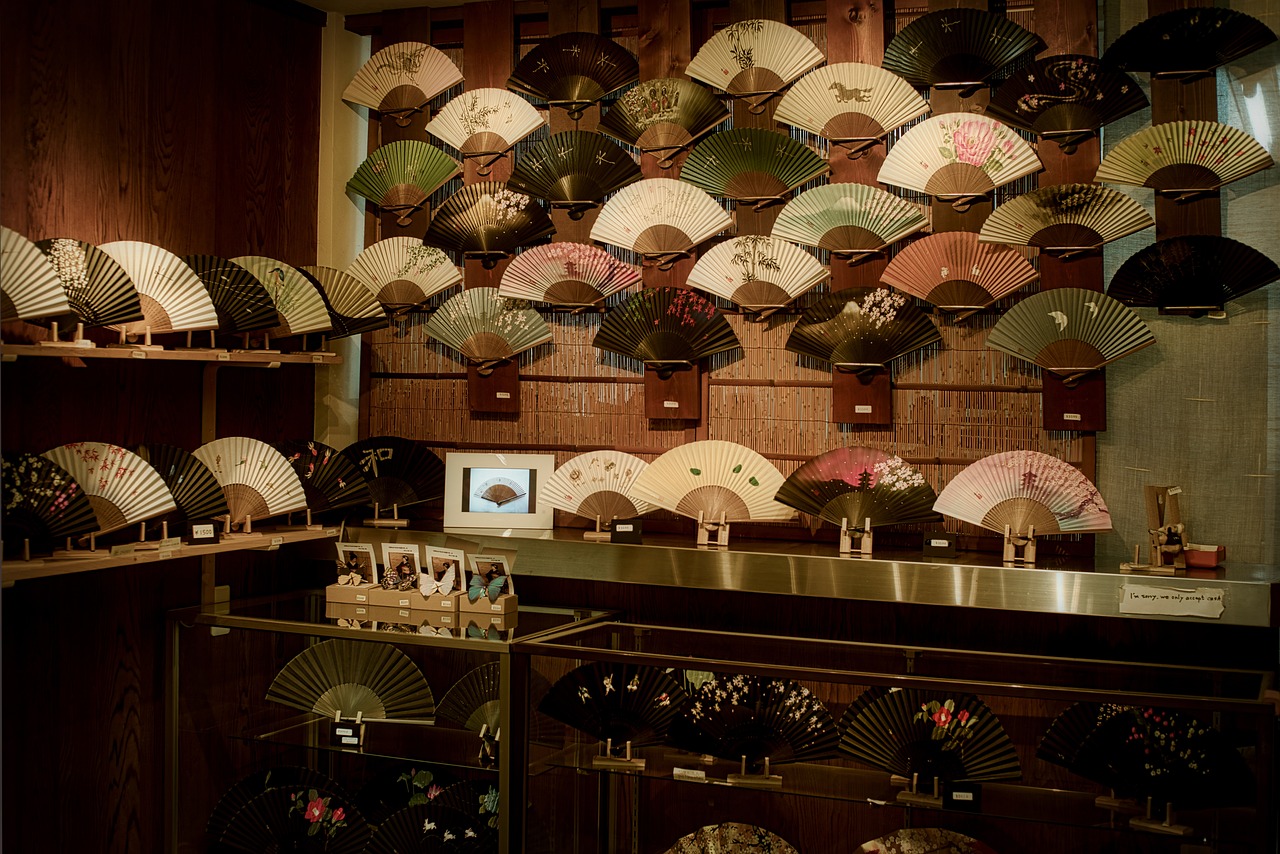The Influence of Influencer-Owned Brands on Shopping Preferences
In recent years, the rise of influencer marketing has transformed the way consumers interact with brands. Influencers, who have amassed large followings on social media platforms, have become powerful voices in the world of marketing. As a result, many influencers have taken the next step in their careers by launching their own brands. This trend has had a significant impact on consumers’ shopping preferences, leading to a shift in the way people discover and engage with products and services.
The Rise of Influencer-Owned Brands
With the increasing popularity of influencers, many have capitalized on their influence to start their own businesses. Influencer-owned brands leverage the trust and engagement built with their audience to create a direct-to-consumer business model. By cutting out the middleman, these brands are able to offer unique products and services that resonate with their followers.
The Impact on Consumer Behavior
Consumers today are more likely to make purchasing decisions based on recommendations from people they trust. Influencer-owned brands have an inherent advantage in this regard, as their followers already have a connection with them. This level of trust can lead to higher conversion rates and increased brand loyalty.
Additionally, influencer-owned brands often focus on niche markets that may have been overlooked by traditional retailers. By catering to specific interests and demographics, these brands are able to tap into a highly engaged audience that is eager to support them.
Authenticity and Transparency
One of the key reasons why influencer-owned brands have gained popularity is their emphasis on authenticity and transparency. Influencers are known for being relatable and genuine, and their followers expect the same qualities from their products and services. By maintaining open communication and engaging with their audience, influencers are able to build a strong brand reputation that resonates with consumers.
Challenges and Opportunities
While influencer-owned brands have many advantages, they also face unique challenges. Building a brand from scratch requires a significant investment of time and resources, and not all influencers are able to successfully make the transition from content creator to entrepreneur.
However, for those who are able to navigate these challenges, the opportunities are endless. Influencer-owned brands have the potential to disrupt traditional industries and create new markets for their products and services. By leveraging their existing audience and social media presence, influencers are able to bypass traditional marketing channels and connect directly with consumers.
The Future of Influencer-Owned Brands
As the influencer marketing landscape continues to evolve, influencer-owned brands are poised to play an even larger role in shaping consumer preferences. With the rise of social commerce and influencer-led product launches, influencers have more opportunities than ever to connect with their audience and drive sales.
Ultimately, the influence of influencer-owned brands on shopping preferences is undeniable. By tapping into the power of social media and leveraging their personal brand, influencers are able to create a unique shopping experience that resonates with consumers on a personal level.
FAQs
What are influencer-owned brands?
Influencer-owned brands are businesses that are founded and owned by social media influencers. These brands leverage the influencer’s online presence and audience to market products and services directly to their followers.
How do influencer-owned brands impact consumer behavior?
Influencer-owned brands have a significant impact on consumer behavior by leveraging the trust and engagement that influencers have built with their audience. Consumers are more likely to make purchasing decisions based on recommendations from influencers they follow.
What are some challenges faced by influencer-owned brands?
One of the main challenges faced by influencer-owned brands is the need to build a brand from scratch. This requires a significant investment of time and resources, and not all influencers are able to successfully make the transition from content creator to entrepreneur.
What is the future outlook for influencer-owned brands?
As the influencer marketing landscape continues to evolve, influencer-owned brands are poised to play an even larger role in shaping consumer preferences. With the rise of social commerce and influencer-led product launches, influencers have more opportunities than ever to connect with their audience and drive sales.







